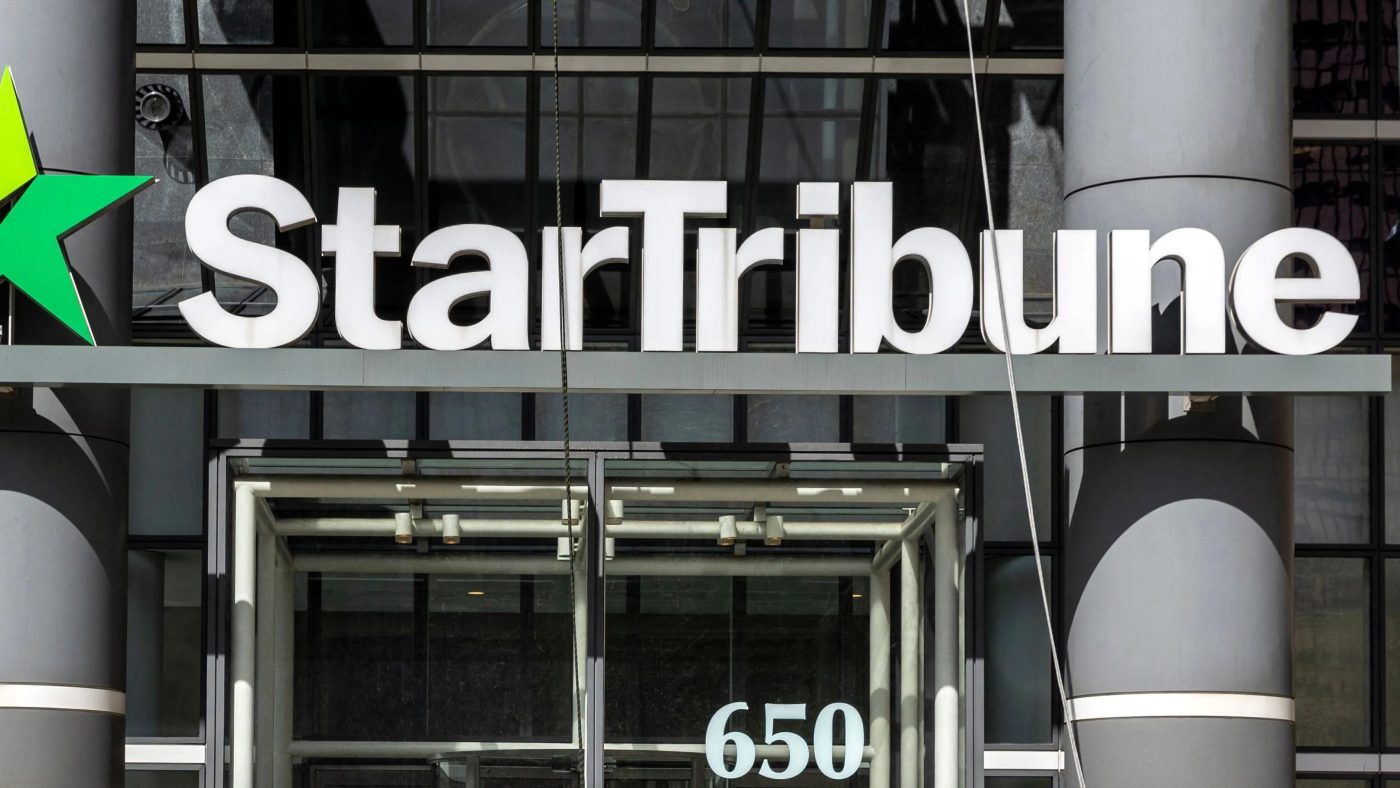
Star Tribune to pay subscribers $2.9M for sharing video data with Facebook
The Star Tribune has agreed to pay $2.9 million to settle a lawsuit alleging it illegally shared subscriber data with Facebook.
The class-action lawsuit filed last year in U.S. District Court in Minnesota is one of dozens brought against various sports, entertainment and media companies under the Video Privacy Protection Act, a 1988 federal law that sought to keep customers’ video store rental histories private.
Plaintiff Kyle Feldman, a Star Tribune subscriber, accused the newspaper of violating that law every time he watched a video on startribune.com. Pixel, a piece of code that Facebook and its business clients use to target ads to consumers, would automatically share the video’s title and Feldman’s Facebook ID with the social media giant.
Feldman’s complaint called the practice “an outrageous invasion of privacy.”
In response, the newspaper told the court that no person ever saw Feldman’s viewing history, that the data sharing didn’t hurt him and that he consented to the disclosure through the newspaper’s privacy policy.
“The Court should dismiss the Complaint … so that attorneys considering similar lawsuits think twice before stretching the VPPA beyond its plain text and intended purpose, and before subjecting any other company with online video content and Facebook Pixel to threats of liability and tens or hundreds of millions of dollars in statutory damages,” the newspaper said in a motion to the court.
However, U.S. District Judge Eric Tostrud in March denied the Star Tribune’s motion to dismiss the case.
Feldman and the newspaper negotiated the settlement agreement in August and on Friday jointly filed the proposed deal for Tostrud’s approval.
In the agreement, the Star Tribune says its insurer will establish a $2.9 million fund, from which it will pay the plaintiff’s attorney fees and costs, up to one-third of the fund’s value, as well as payments to a class of Star Tribune subscribers who both viewed videos on the website and had a Facebook account after July 7, 2020.
The newspaper also promised to stop using Pixel on any web pages that include both video content and a web address that identifies the video content, unless the privacy law is repealed by Congress or invalidated by the courts.
The act was written into law after a Washington D.C. newspaper obtained and published a list of the videos Supreme Court nominee Robert Bork had borrowed from his local rental store.
The privacy law requires damages of at least $2,500 per violation, which means the Star Tribune could have ended up owing hundreds of millions of dollars had it lost at trial.
The newspaper in the settlement agreement continued to “deny any wrongdoing whatsoever” concerning the privacy law, but said it was settling in order to avoid the “uncertainty and risks inherent in any litigation.”
Related Articles
Last minute shopping? Beware these gift card scams
America’s sugar shortfall leaves candy-makers scrounging
Buying a house in 2024: How to overcome the challenges
Minnesota outpaces nation in job growth, adds 9,500 jobs in November
Washington County man sentenced for tax crimes, swindling short-term renters


